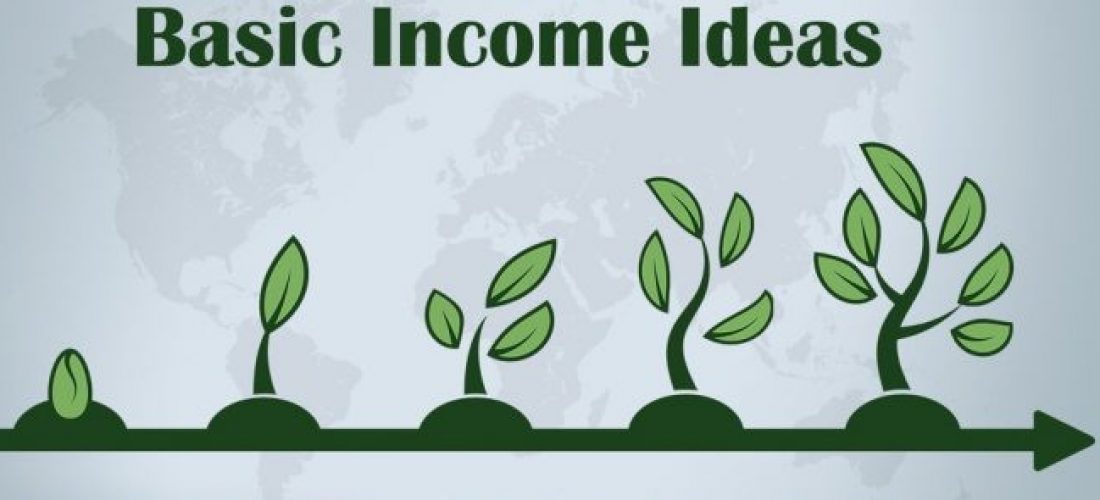Abstract
Basic Income (BI) is an idea that has attracted periodic support since the 1790s. It has been proposed under various banners, including Henderson’s Guaranteed Minimum Income (GMI) scheme. BI has been advocated by thinkers and activists on the Left, the Centre, and the Right. It has enjoyed renewed public attention since the Global Financial Crisis of 2007–08 and the ensuing Great Recession as more and more people search for solutions to rising inequality, high levels of economic insecurity and persistent poverty. The debate is more advanced in other regions of the world than is the case in Australia, but there are signs even here of elevated interest. This chapter focuses on the principles, benefits and politics of a Basic Income Scheme for Australia. The first section briefly explains the concept of BI, including four broad models of this social policy reform. Four key principles that underpin the ethical case for BI are then outlined, followed by the potential benefits of a BI Scheme for Australia. The final section before the conclusion examines the politics of BI, focusing on learning the lessons of history, countering standard critiques of the policy, and tailoring BI proposals to Australia’s particular institutional, cultural and political economic
Clicca qui per leggere l’articolo
Articolo pubblicato su Revisiting Henderson: Poverty, social security and basic income







